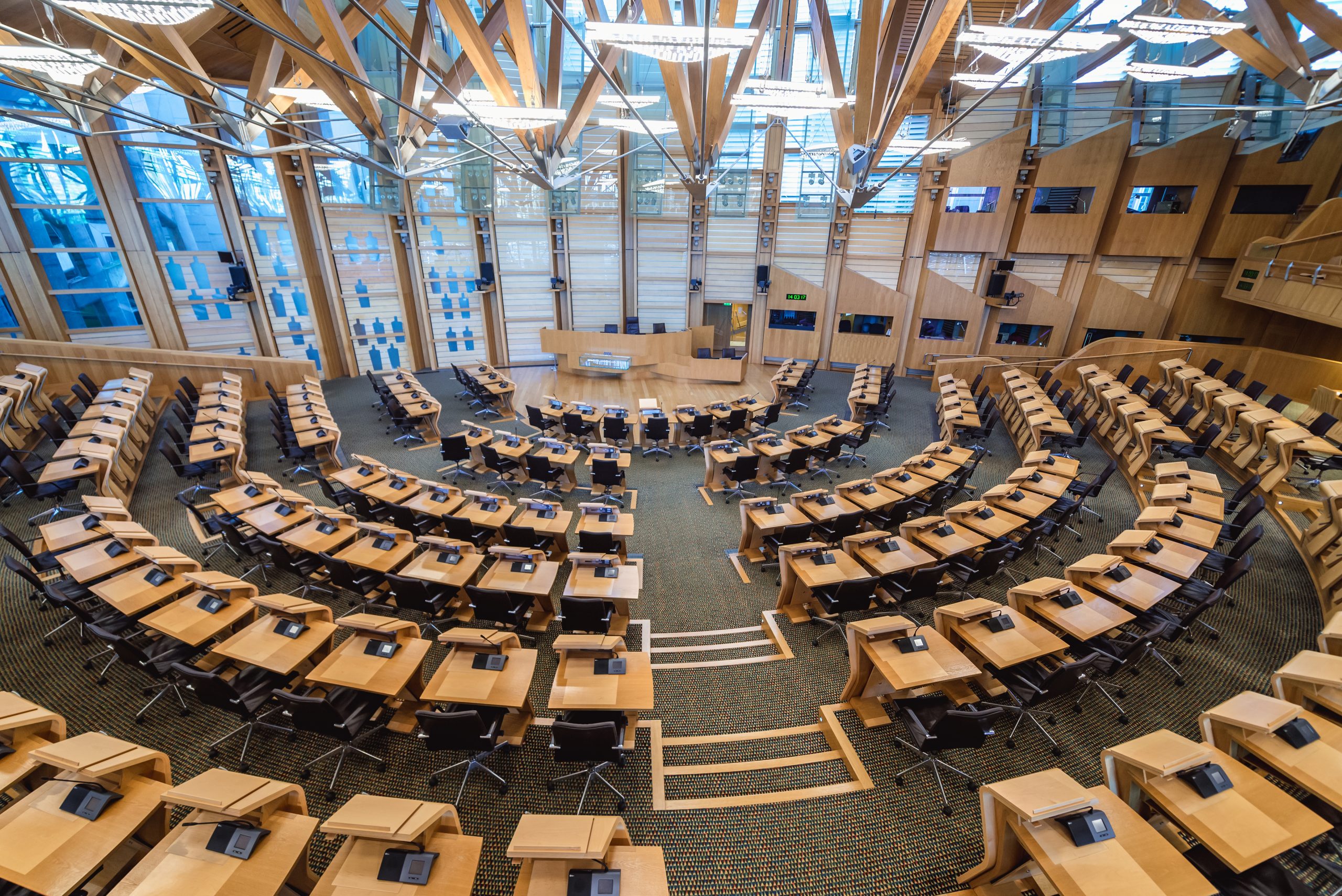Aberlour's response to the Restraint and Seclusion Schools (Scotland) Bill

At Aberlour, we are committed to ensuring we do all that we can to ensure that children and young people grow up healthy and loved. Although our services are not provided in educational settings, our services have heard from children, young people and families, particularly those affected by disability, about the impact restraint and seclusion has had on them and our response to this consultation is informed by their experiences and views.
Aberlour was a member of the Scottish Physical Restraint Action Group working with other stakeholders to advocate for and influence policy and practice around reducing the use of physical restraint in care settings. Aberlour also worked alongside partners, including Kibble and Glasgow City Council, to help inform and influence practice that helps to reduce and avoid the use of physical restraint in residential children’s houses.
From 2019 – 2022 we had a programme of work – Safer Places to Live and Work – that aimed to end the use of restraint entirely in our residential children’s houses. This was a collaborative project with children and young people who live with us and the adults who provide their care and support. We have been able to develop alternatives to the use of restraint by working in partnership with our children and young people to help us change culture and practice in a way that better responds to children and young people who experience significant distress. As a result of this work, we were able to reduce the use of physical restraint in our children’s houses by more than 90% (Aberlour Internal Data, 2022).
We reflect on this piece of work as we look to respond to this consultation. It was clear from our experience that by ensuring trauma informed and responsive approaches in how we respond to children in significant distress, (including developing therapeutic spaces and nurturing, loving environments in our children’s houses), we have fundamentally changed our practice. Not only are alternatives to the use of physical restraint effective, but the number of incidents that may have escalated to a point which resulted in the use of physical restraint in the past now happen rarely.
We, as we did then, support the call by the Children and Young People’s Commissioner to see national rights-based, statutory guidance on the use of physical restraint . As we set out in our response in 2022 to the Scottish Government’s Care and Justice Bill, we believe any legislation, policy and guidance intended to reduce and avoid the use of physical restraint must be driven by the ambition to end the use of physical restraint entirely, in all settings and circumstances.
Read our response to the Education, Children and Young People Committee's Restraint and Seclusion Schools (Scotland) Bill.